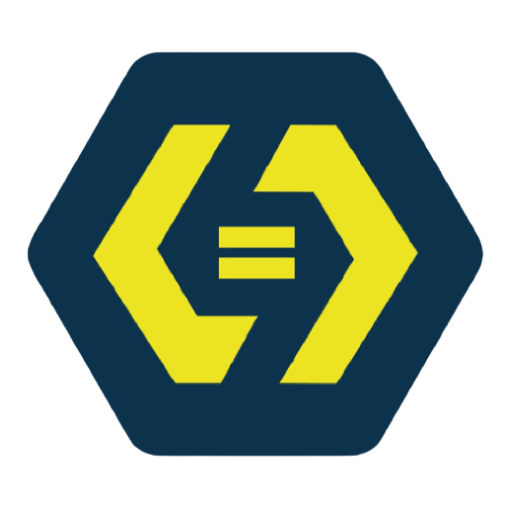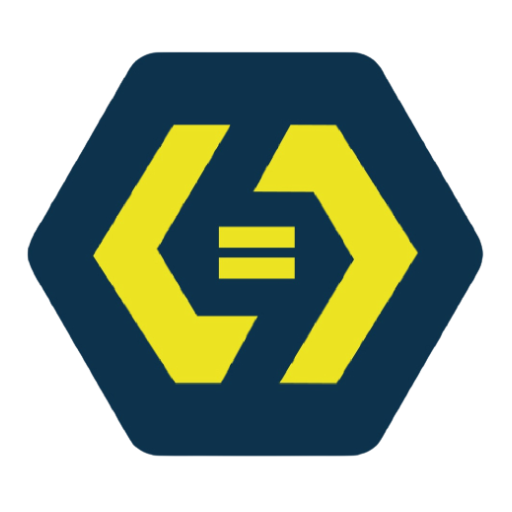Real-World Applications of Object-Oriented Programming
Object-Oriented Programming (OOP) is a powerful paradigm that finds extensive use in various real-world applications. Let’s explore some practical examples to solidify your understanding of OOP concepts.
E-commerce Application
- Product class: Defines properties like product ID, name, price, and description.
- Order class: Represents a customer’s order with properties like order ID, customer, and order items.
- Customer class: Stores customer information such as name, address, and contact details.
class Product {
public $id;
public $name;
public $price;
public $description;
// Methods for getting and setting product details
}
class Order {
public $id;
public $customer;
public $orderItems;
// Methods for adding, removing, and calculating order total
}
class Customer {
public $name;
public $address;
public $contact;
// Methods for customer information and order history
}Blog System
- Post class: Represents a blog post with properties like title, content, author, and publication date.
- Comment class: Stores comments for a post with properties like content, author, and timestamp.
- User class: Represents a user with properties like username, email, and password.
class Post {
public $title;
public $content;
public $author;
public $publishedAt;
// Methods for creating, editing, and deleting posts
}
class Comment {
public $content;
public $author;
public $timestamp;
// Methods for adding, editing, and deleting comments
}
class User {
public $username;
public $email;
public $password;
// Methods for user authentication and management
}Game Development
- Character class: Defines character attributes like name, health, strength, and abilities.
- Enemy class: Represents different types of enemies with specific characteristics.
- Item class: Stores information about items in the game, such as weapons, armor, and potions.
class Character {
public $name;
public $health;
public $strength;
public $abilities;
// Methods for attacking, defending, and using abilities
}
class Enemy {
public $type;
public $health;
public $damage;
// Methods for attacking and taking damage
}
class Item {
public $name;
public $type;
public $effect;
// Methods for using items
}These examples demonstrate how OOP can be applied to structure complex applications effectively. By modeling real-world entities as objects, you can create well-organized, maintainable, and scalable code. Remember to choose appropriate class structures based on the specific requirements of your project.

